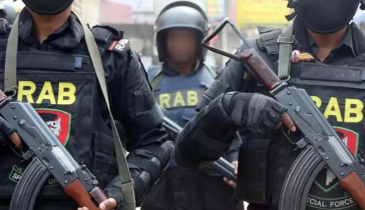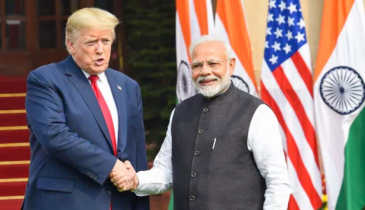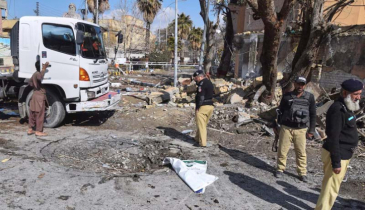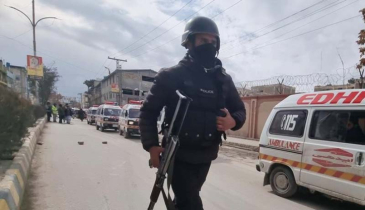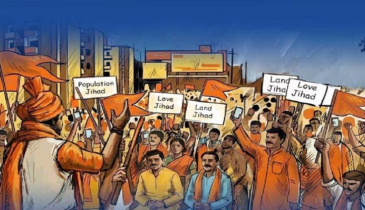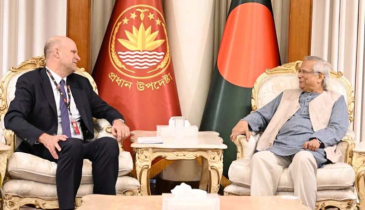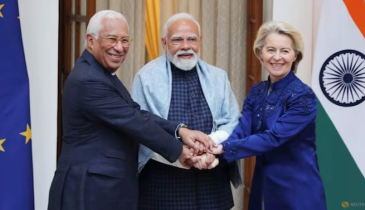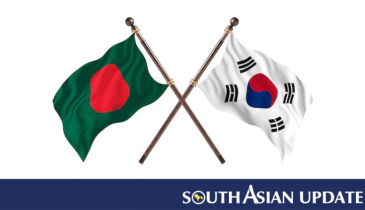Pakistan begins voting, with Imran in jail and Sharif tipped to win
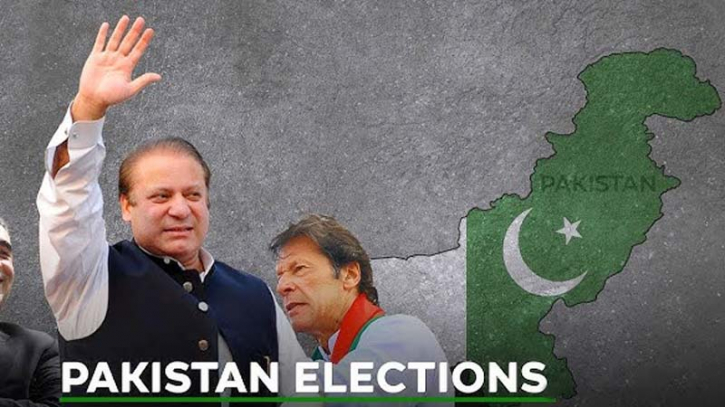
Millions of Pakistanis began voting Thursday in an general election marred by allegations of poll rigging, with the country's popular politician Imran Khan in jail and a military-favoured candidate tipped to win.
In order to "maintain law and order" amid a tumultuous election campaign, which included two fatal blasts on Wednesday claiming 28 lives, authorities announced the suspension of mobile telephone services nationwide during the voting process.
Various US and international media outlets, including authoritative sources like BBC, The Guardian, and AFP, have projected Nawaz Sharif, the leader of the Pakistan Muslim League Nawaz (PML-N), as the probable winner of the 2024 general elections, poised to become Pakistan's prime minister for an unprecedented fourth term.
Bloomberg's coverage of a gathering of Pakistan's business elite in Karachi conveyed expectations of a hung parliament and a subsequent weak coalition government. Most anticipate the leadership to fall to Sharif, or possibly his brother Shehbaz, another former prime minister.
The Washington Post expressed surprise at the notion that Nawaz Sharif might not clinch victory in the general elections, providing him with an opportunity to address allegations that led to his removal from the premiership in 2017. If elected again, Sharif would face the challenge of managing the fervent supporters of former Prime Minister Imran Khan.
CNN highlighted Nawaz Sharif as the clear frontrunner in the campaign, emphasizing his remarkable political resurgence at the age of 74 after years of self-imposed exile. The report noted that Sharif is seeking an unprecedented fourth term as the country's leader, pitted against his long-time adversary, Imran Khan.
Security concerns loom large, prompting the deployment of over 650,000 personnel from the army, paramilitary forces, and police to safeguard an election already tainted by violence.
With nearly 18,000 candidates vying for positions in national and provincial assemblies, the elections involve the direct contestation of 266 seats in the former, along with an additional 70 reserved for women and minorities, and 749 seats in the regional parliaments.
.png)


